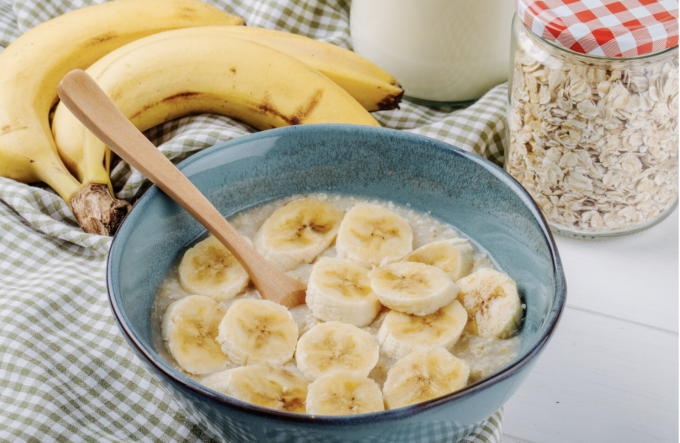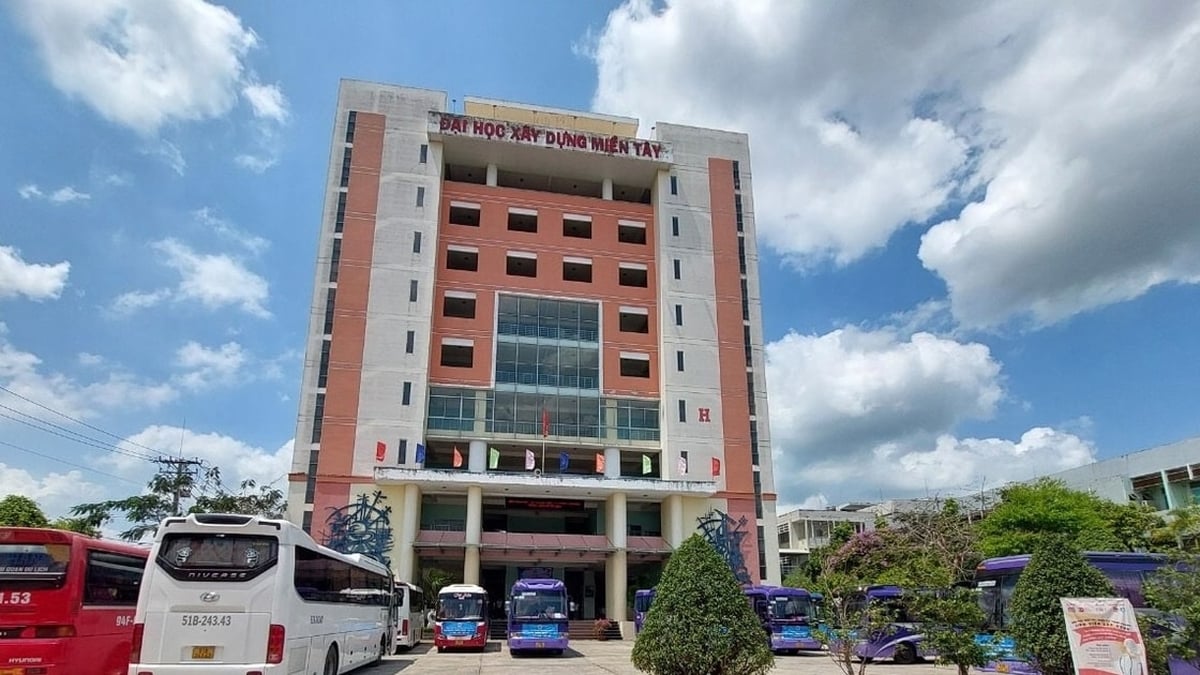Bananas are rich in potassium, which helps stabilize blood pressure and reduce the risk of stroke, and increase beneficial intestinal bacteria due to their high fiber content.
One banana provides about 112 calories, 27 grams of starch, 3 grams of fiber, 14 grams of natural sugar, and 422 mg of potassium. This fruit is good for heart health, increases energy, and reduces the risk of chronic diseases.
Energy Boost
Bananas provide carbohydrates, which are the body's main fuel for energy production. Vitamins B3, B6, and B12 also help the body synthesize energy. Eat bananas combined with healthy fats and proteins such as almonds and Greek yogurt for good health.
Bananas are rich in potassium, which acts as an electrolyte and is beneficial for people who have just finished exercising. Providing potassium to the body after sweating by eating bananas can reduce cramps and muscle pain.
Losing weight
Low in calories and high in fiber, bananas are a healthier snack than other foods like sugary canned foods. Fiber from vegetables and fruits helps you feel full longer, curbs cravings, and keeps you in shape.
Provide fiber
Bananas are rich in fiber, which helps regular bowel movements, makes digestion easier, and reduces constipation. Resistant starch is not digested in the small intestine, but instead ferments in the large intestine, providing beneficial bacteria for the intestines. Each person should consume 20-25 grams of fiber per day, and drink plenty of water for good digestion.

Bananas are good for the intestines. Photo: Freepik
Protect heart health
This fruit is rich in potassium, which reduces blood cholesterol levels, reducing the risk of heart disease. High blood pressure damages artery walls and excess cholesterol in the blood sticks to the damaged areas. Over time, blood vessels narrow and harden, forcing the heart to work harder to pump blood throughout the body. Potassium dilates blood vessels, allowing blood to flow, thereby reducing blood pressure.
When you consume too much salt in your diet, sodium prevents your kidneys from removing water, and the excess water leads to high blood pressure. Potassium helps remove sodium from your body.
Reduce the risk of chronic disease
Bananas contain several antioxidants such as flavonoids and amines, which help reduce the risk of heart disease and degenerative diseases. They also help prevent oxidative damage caused by free radicals. Without antioxidants, free radicals can build up over time, causing damage.
People with weak kidneys or chronic kidney failure should avoid fruits and vegetables that are high in potassium, such as bananas. Damaged kidneys reduce the ability to excrete potassium in the urine, which can lead to hyperkalemia.
Le Nguyen (According to Eating Well )
| Readers ask questions about nutrition here for doctors to answer |
Source link





























![[Photo] National Assembly Chairman Tran Thanh Man visits Vietnamese Heroic Mother Ta Thi Tran](https://vphoto.vietnam.vn/thumb/1200x675/vietnam/resource/IMAGE/2025/7/20/765c0bd057dd44ad83ab89fe0255b783)





































































Comment (0)